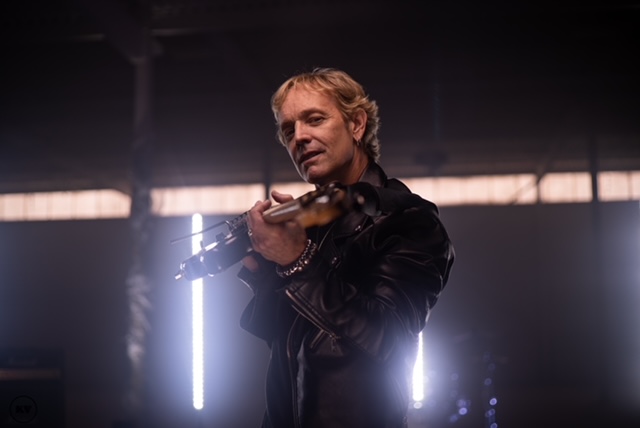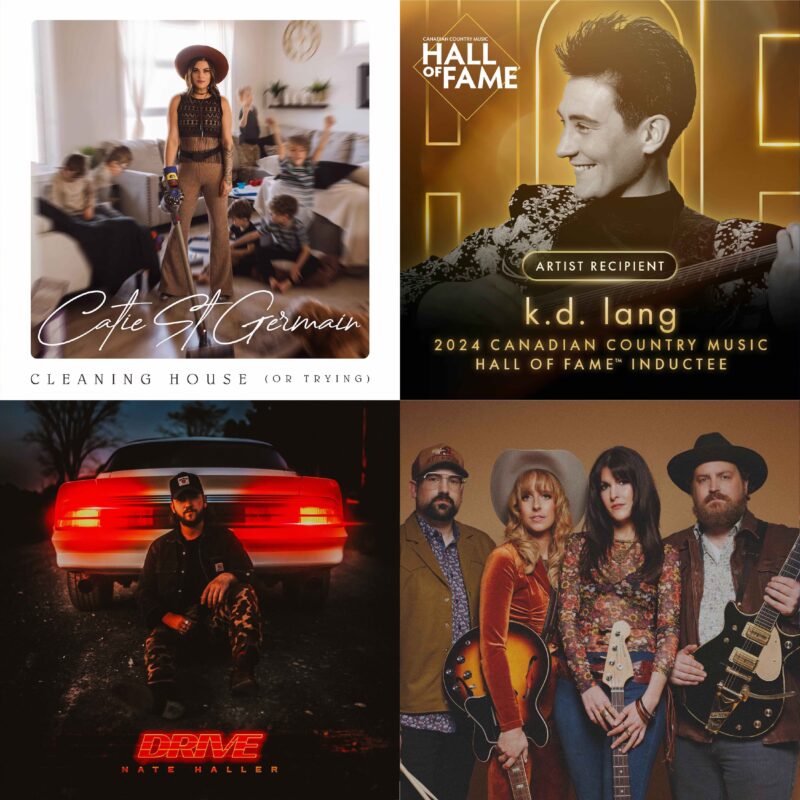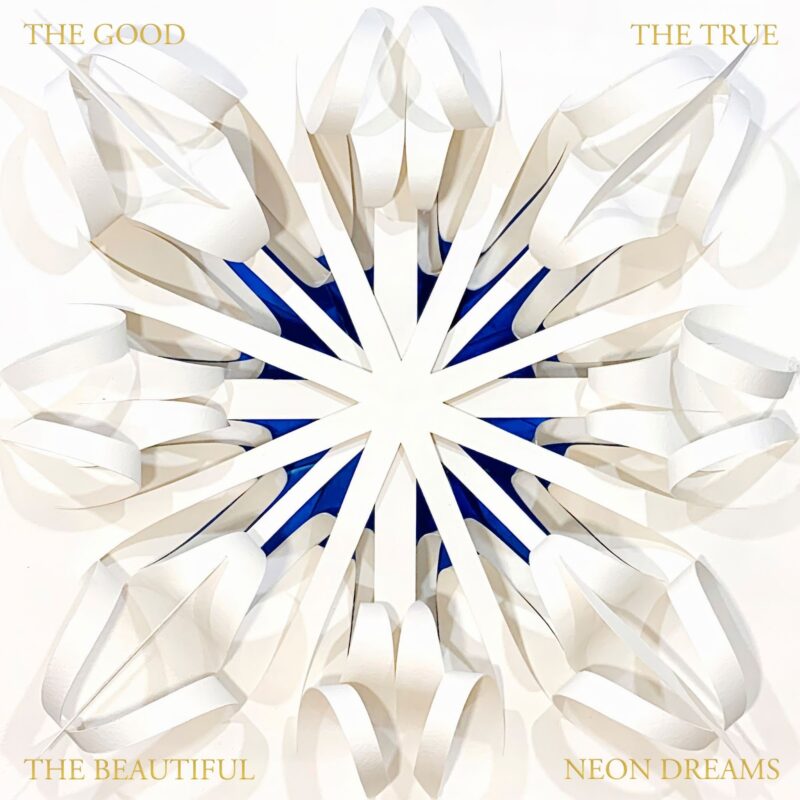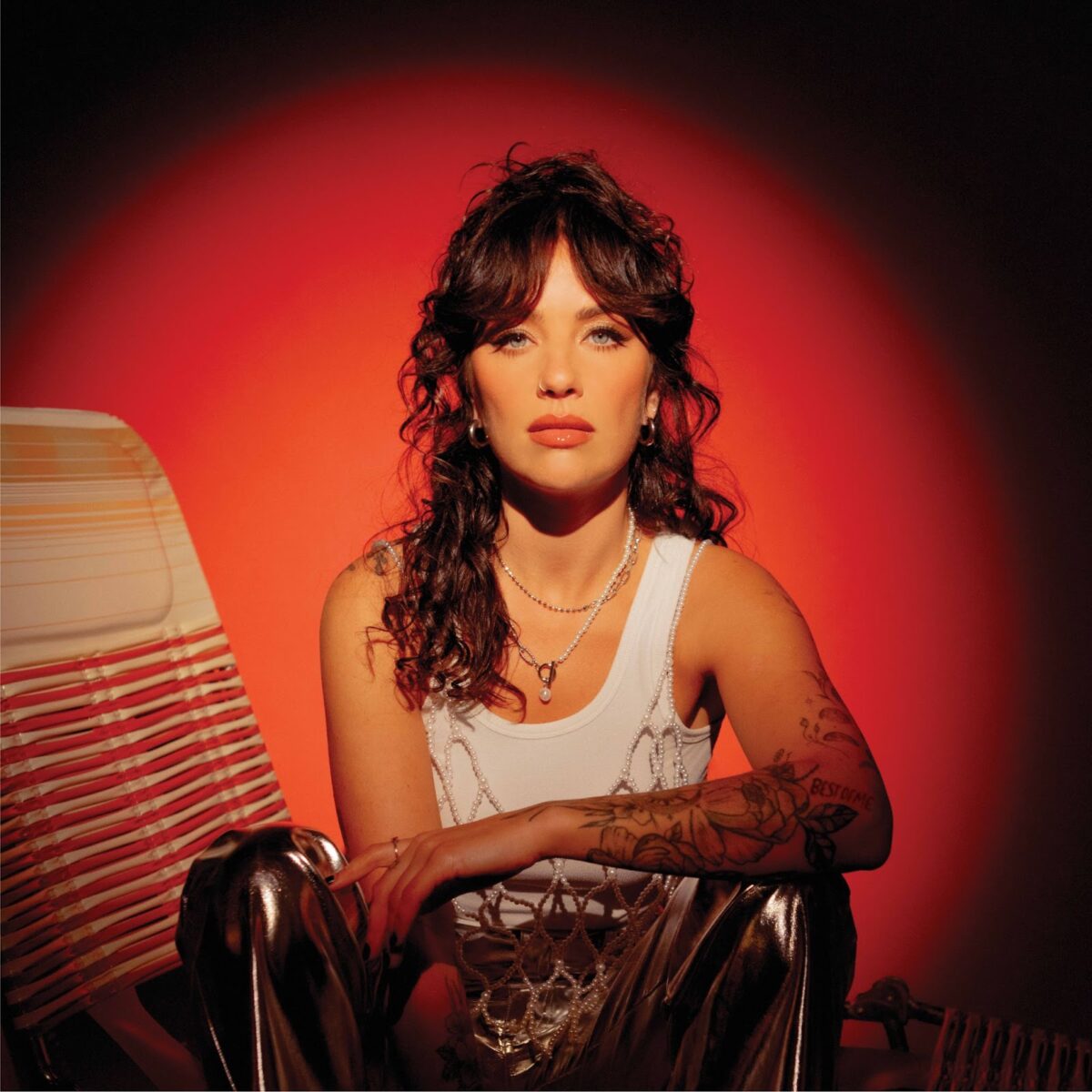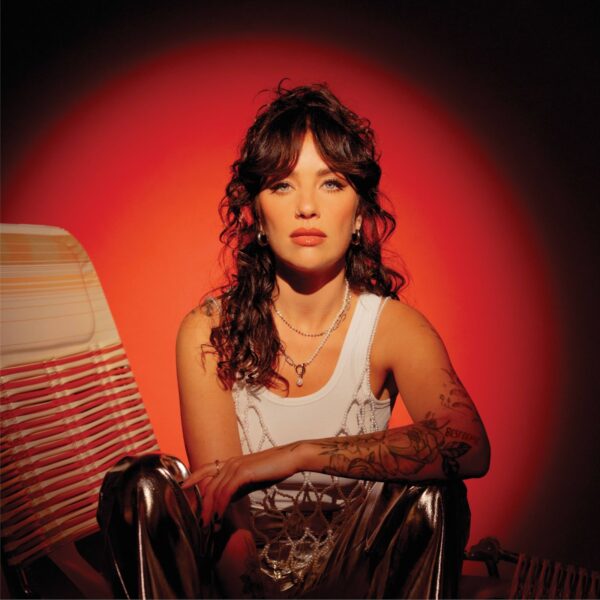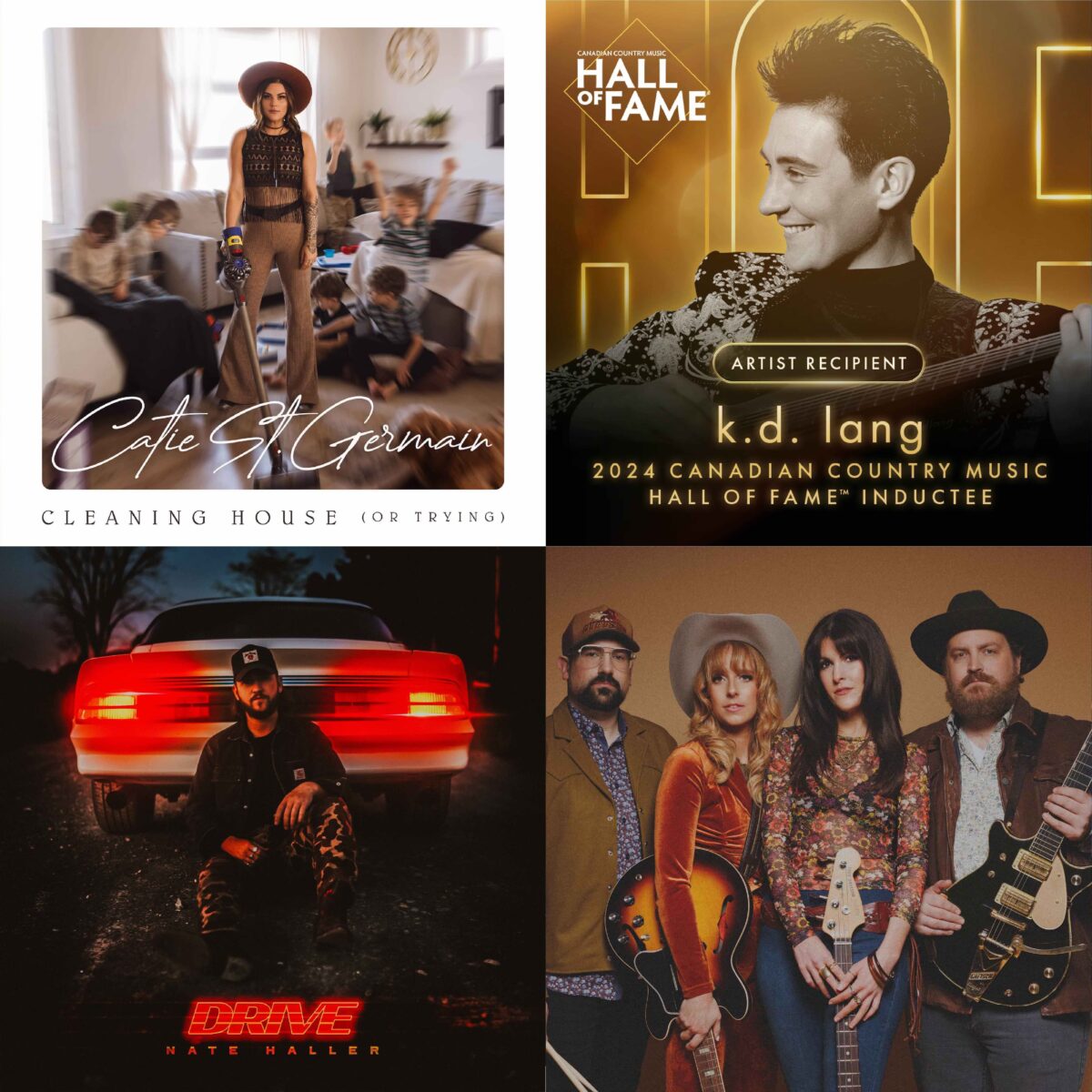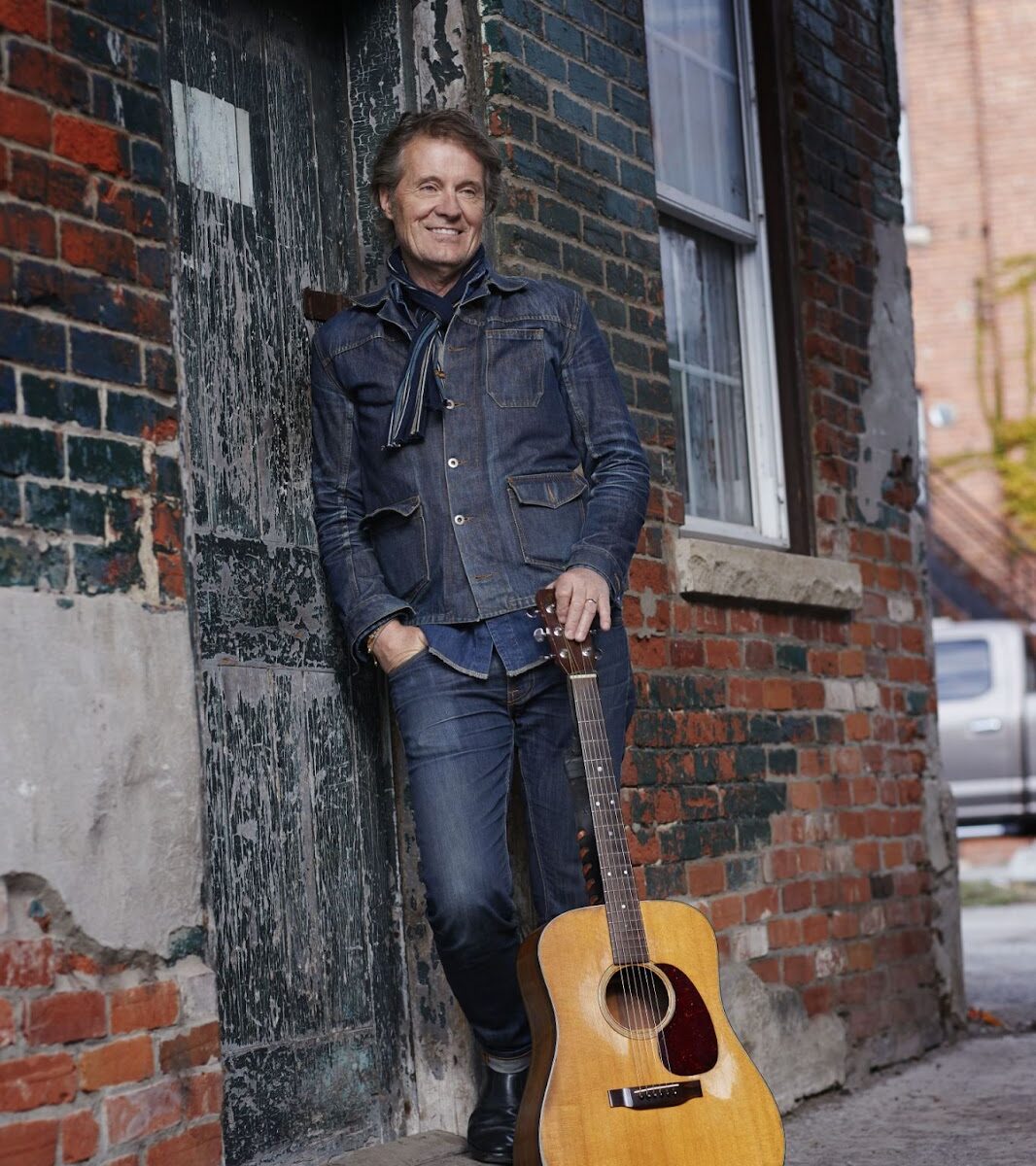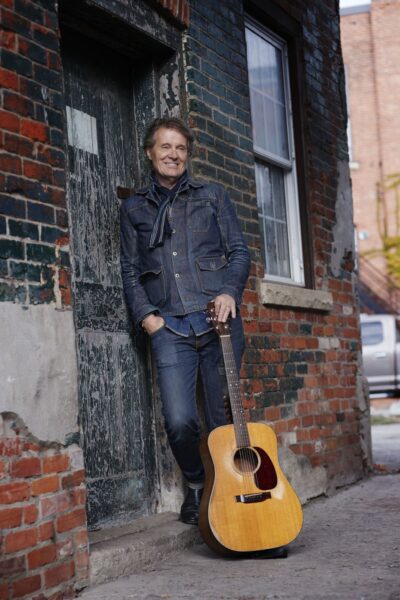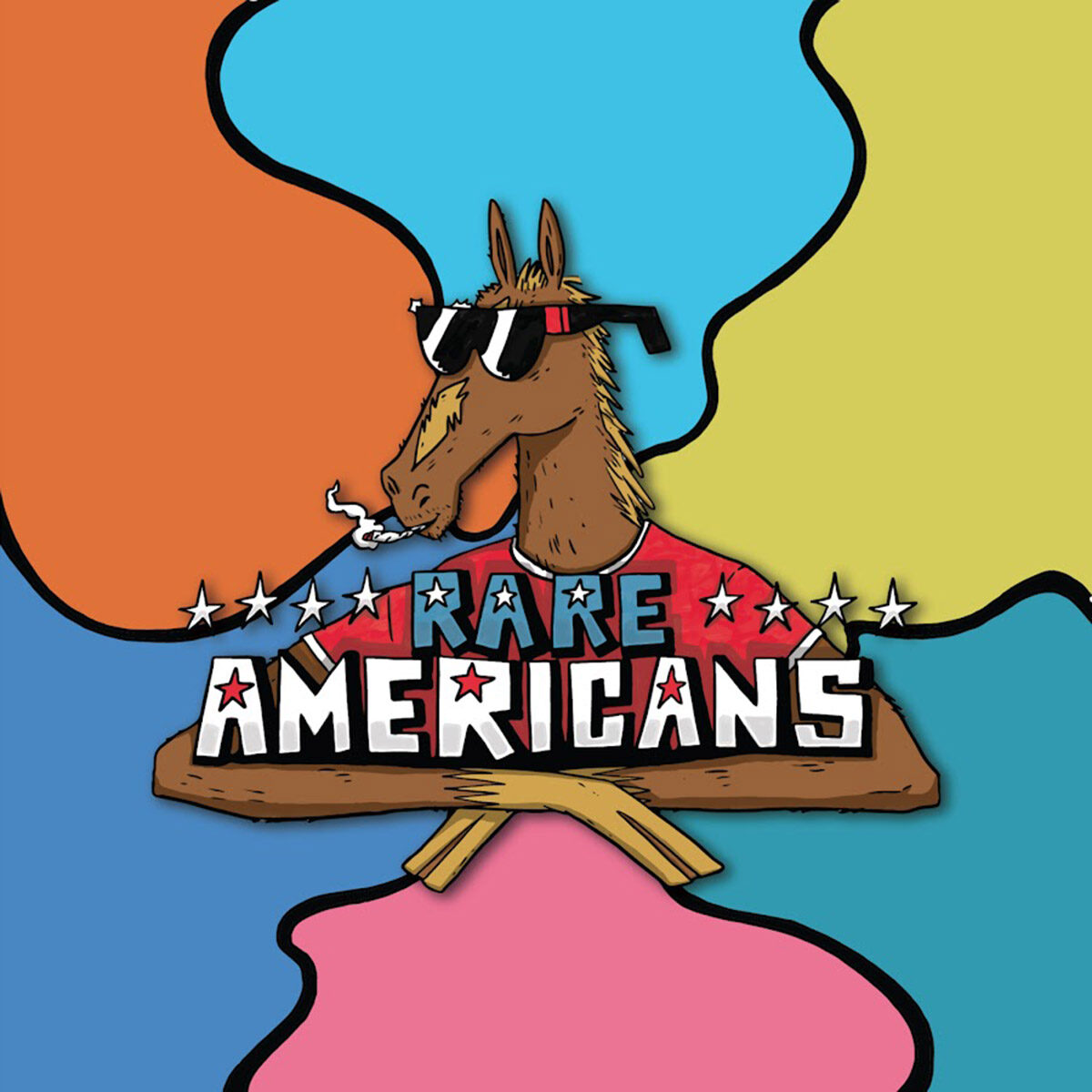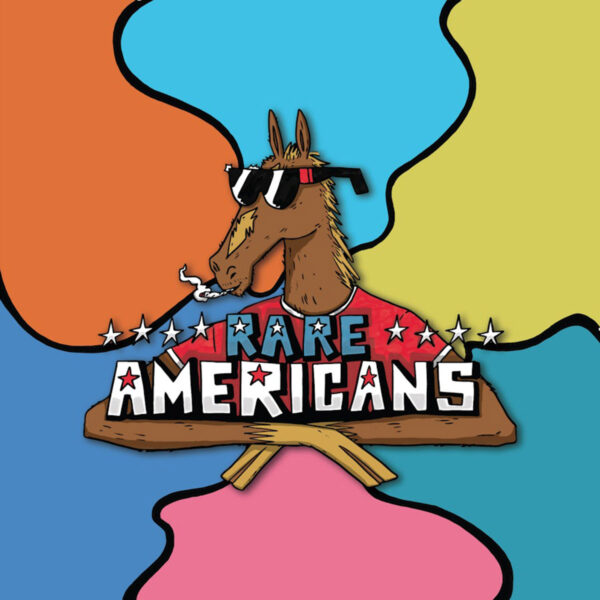
by Roman Mitz
Murray McLauchlan has one heck of a resume. The renowned singer/songwriter is an 11-time Juno Award winner and an Order of Canada recipient who has authored a bestselling autobiography, hosted CBC Radio’s Swinging On A Star, and starred in Floating Over Canada, a recurring CBC/PBS TV special which followed Murray, a licensed bush pilot, across the country in his Cessna 185 floatplane. On his latest album Hourglass, he tackles some weighty subjects which he had time to reflect upon over the past year during anxious COVID times of mask-wearing, social distancing and seemingly endless lockdowns. Yet even though there’s a song on the record called Pandemic Blues, there is a streak of optimism below the dark waves and it’s certainly comforting to hear the strain of his familiar voice which has remained remarkably unchanged over the years.
“Yeah, I’m like the Eaton’s catalogue of music,” he chuckles over the phone from his Toronto home. “My only motive for writing ‘Pandemic Blues’ was I just thought I want to feel better. I was kind of tired of talking to myself. My favourite line in that song is ‘Don’t drink the whole six-pack, put it back in the fridge.’ That song is also based on the fact that I’m a history nut and I finished reading a book recently called ‘The Flight.’ It’s about Charles Lindbergh’s flight in 1927 but, more importantly, it asks the question as to why he became so famous. It was a great achievement but he was bigger than any rock star and he had the biggest ticker-tape parade ever when he came home to New York. The author put Lindbergh’s achievement and his celebrity into context, and that context was World War II had just finished, the economy of Europe had crashed in the aftermath and some of that crash bled over to the United States. There were also resulting in strong anti-immigrant sentiments and Jim Crow laws were taking precedence, so Lindbergh’s accomplishment was embraced as a positive amidst all of this negativity. My perspective of things is generally optimistic because I see the affairs of the world more or less as a pendulum. It swings back and forth and incrementally I think there is sort of a progression. For most people life is, oddly enough, infinitely better now than it was 150 years ago no matter how you want to shake it and we, as Canadians, are immensely fortunate to be in one of the better functioning democracies.”
Murray is also a visual artist who works in acrylics and oils, so it’s not surprising that there’s a track on the album, A Thomson Day (for Tom Thomson) that pays tribute to one of Canada’s most celebrated canvas creators. The song’s lovely acoustic guitar and shimmering organ provide a perfect musical backdrop for the painting.
“You and I and probably everyone that went to public school in Canada at some point would have seen a print of that painting hanging somewhere on the wall near where the print of Queen Elizabeth II was hanging,” he says. “We can go down to the Art Gallery of Ontario and when the thing is on the wall you can just go stand in front of it and be totally gobsmacked. It’s such an iconic and really dynamic piece. Thomson captured something in that painting which I tried to describe. I spend a lot of my happiest time exposed to that. When the west wind is brutal, the trees bend and there are three-foot rolling whitecaps, you get that moment of life that’s full of energy. I think Thomson captured that so I tried to kind of fall through the painting and reference the feeling in the song. There’s something kind of elemental in existence that kind of soars above the affairs of human beings.”
Every one of the album’s 10 songs began as a poem, something the singer says has never happened before. He attributes this to the fact that he had the time to sit down and reflect on things because he was by the lake and alone quite a bit of the time. During that period a lot of the events of the world began to bubble up giving him much fodder for his poems and ultimately his songs.
“Normally, I sit down with a guitar and the words flow in conjunction with the music. This time, I had these poems and they evolved into songs as I found guitar licks and melodies that suited them. A song like ‘The One Percent’ has its genesis in the Occupy Wall Street Movement from quite some time ago. I don’t think the circumstances that brought people there have improved a great deal since. I first tried to put this poem up against this four-beat rock thing and it was a dirge that I immediately hated. It was like ‘God, get off your soapbox you twit’. I had a bunch of these little guitar pieces that I’d idly play repeatedly, and I started fooling around with the poem and a kind of F sharp minor E thing that I had put together. It just changed the whole character of the song and made it feel optimistic to me. I realized that something interesting was happening here. Typically, as a songwriter, you might try and use a structure where you’ll write a lyric and a chorus or you’ll come up with a musical idea and fill it in. What happened with this collection of songs is that they keep referencing the little guitar pieces.”
One of the little guitar pieces that close the song Pandemic Blues sounds a little like a John Prine lick and a possible tip of the cap to the late singer.
“Sometimes I’m not sure if I’m referencing somebody or not,” Murray admits. “I loved John, I really did. I met him really early on when he opened for me at The Earl of Old Town in Chicago. He’d sort of just been discovered by Kris Kristofferson. John got up for the soundcheck and I think he did three or four songs like ‘Donald And Lydia’, ‘Paradise’ and ‘Sam Stone’ and he was so good that all I wanted to do was pack up my guitar and go home. Somehow he managed to have a certain grace mixed with incredible simplicity and it just drove home what he had to say. I think John and Loudain Wainwright were the two greatest savant writers that have ever been produced in the United States.”
Another latter-day savant that the singer admires is Steve Earle. Open Spaces interviewed Steve many moons ago and found that the feeling was mutual as he cited Murray as being one of his favourite songwriters.
“I met Steve way back when at a festival in Texas and we had a great time roaring around the state roads,” Murray says. “The first album that I heard of his was ‘Guitar Town’ when alt-country was in full force. I think I beat the alt-country thing by a few years when I put out my ‘Timberline’ album in 1983. The people in Nashville and guys like Steve saw the video for ‘Never Did Like That Train’ on CMT and they flipped.”
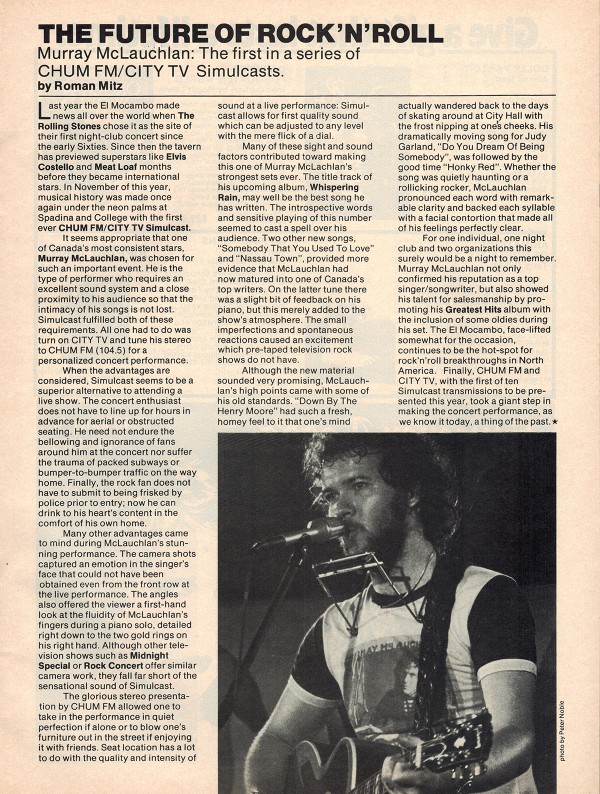
Going back in time even a few years further, Open Spaces is a little nostalgic about speaking with Murray as he was the subject of its first-ever published story way back in 1978. The feature was about him being the first artist to have a Toronto simulcast where you could watch his performance on Citytv and listen to it on CHUM-FM. It seems that Murray was cutting edge way before MP3s and hologram tours. “I think we rocked the El Mocambo pretty good as I recollect!”
He has a further connection to Citytv as he is married to Denise Donlan, who hosted The New Music program on Citytv’s sister station MuchMusic. Denise has quite the curriculum vitae herself as in addition to her broadcast work, she served as president of Sony Music and won a 2018 Juno Award for her contributions to the Canadian music industry.
So just how did their relationship blossom?
“I didn’t really start dating Denise until 1987,” Murray recalls. “I was at the TV station with (Citytv and MuchMusic brainchild) John Martin, having a beer with him and I told him that I thought that woman that was working for him was really something. I waited for some time as he buggered off into the next room and phoned her on some business pretense like they had to have a meeting or something. Twenty minutes later she walked in the door so thank you, John.”
One of the strongest songs on “Hourglass” is “I Live On A White Cloud (for George Floyd)” which focuses not only on the specific incident but the general issue of white privilege. The singer realizes that things are very different for him than they are for a lot of other people and he’s taking responsibility for that and saying he gets it and he’s sorry.
“The whole world was outraged by the George Floyd murder,” he begins. “It went right around the world and there was no denying it anymore. There was that viciousness, that uncaring, that brutality and disregard for an entire class of human beings. Many years ago I worked in an organization with a really successful black man in the music industry, who was well dressed and drove a nice car. He was a little late for something one day and he said that he had had a DWB incident. I asked what that was and he said ‘driving while black.’ He said that when a nicely dressed black man in a BMW is stopped by the police, they automatically assume he’s a drug dealer or in a gang and he’s told to put his hands on the wheel or spread-eagle on the ground. I had a real holy shit moment and that was a long time ago. My only experience with that kind of thing was back in the day when I was a hippie and I would basically get arrested for walking down the street. I guess if we’d been counter-culture or visible in some way then we’ve had that experience, but not to the extent that racialized people have.”
Murray hopes to take his studio band on the road with him when the pandemic gets to the stage where live shows are permitted. Given some of the heavy topics on the new album, one wonders how the singer will strike a balance between songs of social consciousness and fan favourites.
“The odd thing is a lot of those old songs are of the same ilk,” he says. “Even ‘Farmer’s Song’ is a song of recognition and it says thank you to a group of people without whom we would not exist. I don’t think anyone else has ever written a tribute to farmers and people do backflips when I do that song, so I’m going to do it for sure. What I tend to do is kind of mix it up. I might do things like ‘Down By The Henry Moore’, ‘Whispering Rain’ and ‘Farmer’s Song’ in the first set and the second set will be the more current stuff.”
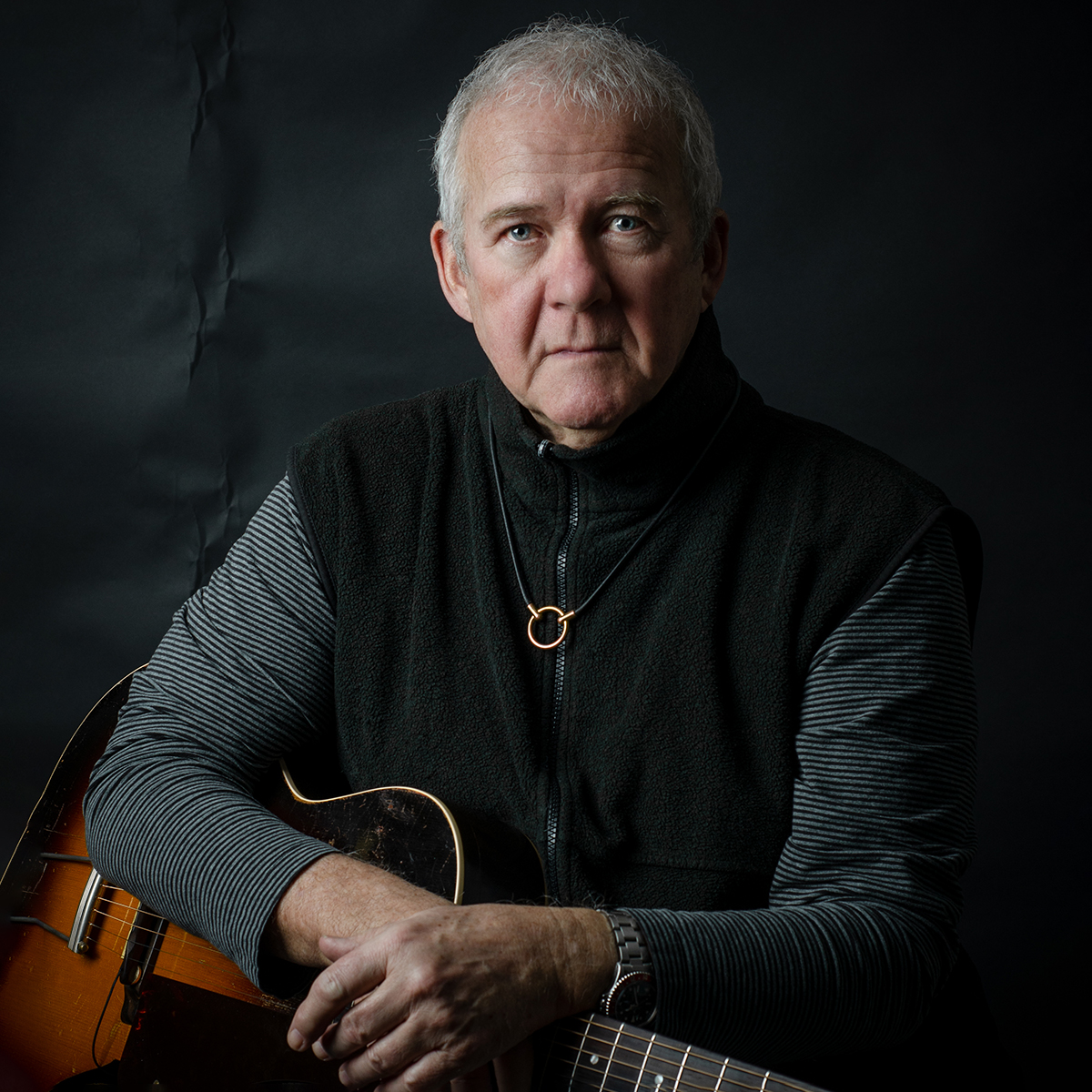
Political strife south of the border led Murray to write America in which he uses the metaphor of an estranged, dysfunctional family to paint a picture of a country deeply divided by political differences. Still, the singer’s underlying optimism is crystal clear on Shining City On A Hill, a gospel-tinged country number about the dream of a better life. He ends the album on an even more positive note with Wishes, and his most heartfelt wish is that after this long dark winter, we might see the light of spring.
“A shining city may not be achievable but in the trying you get better,” he says. “The song title is an old phrase that Ronald Reagan popularized. I wanted to say that you shouldn’t lose track of the fact that the U.S. is a volatile place and it’s built to be that way. It has a kind of philosophical individualism rather than collectivism. It has moments of great achievement and grace, and moments when you’d rather just turn your back and not look. Right now they’ve been going through that latter phase but I believe that will change.”
“Knitted into the song ‘Wishes’ is my hope of what I’d like to achieve as a songwriter. I honestly don’t think I’m a particularly important person and I don’t think people in show business are important at all. But if we get to have a voice or get a little chance to bleat in the wilderness, then it’s wrapped up in the line in that song which is ‘I wish with all my heart I’ll be some use to you.”
More info on “Hourglass” can be found here
https://truenorthrecords.bandcamp.com/album/hourglass
Track Listing:
1 The One Percent
2 Pandemic Blues
3 America
4 If You’re Out There Jesus
5 Hourglass
6 A Thomson Day (for Tom Thomson)
7 Lying By The Sea (for Alan Kurdi)
8 I Live On A White Cloud (for George Floyd)
9 Shining City On A Hill
10 Wishes

